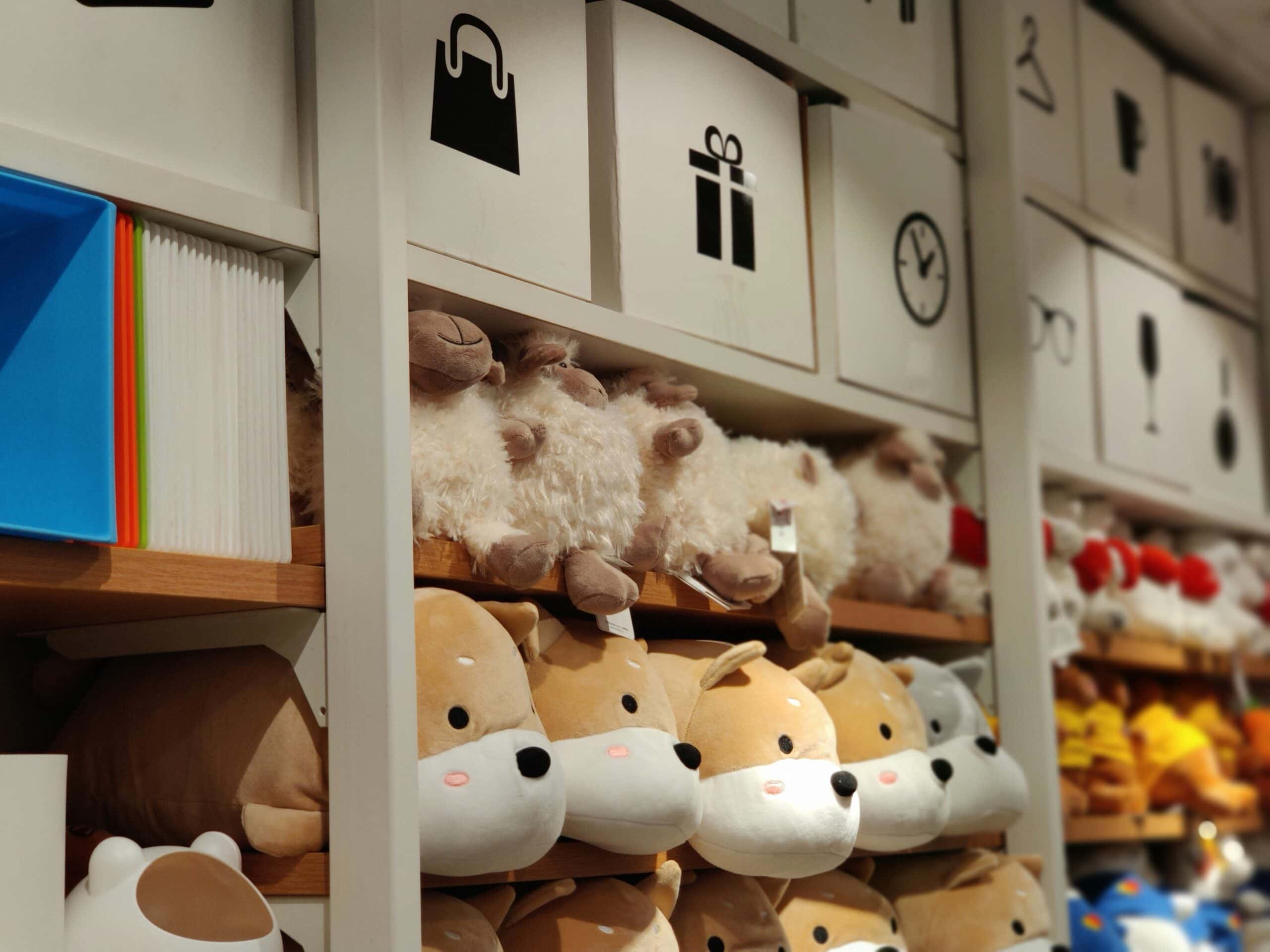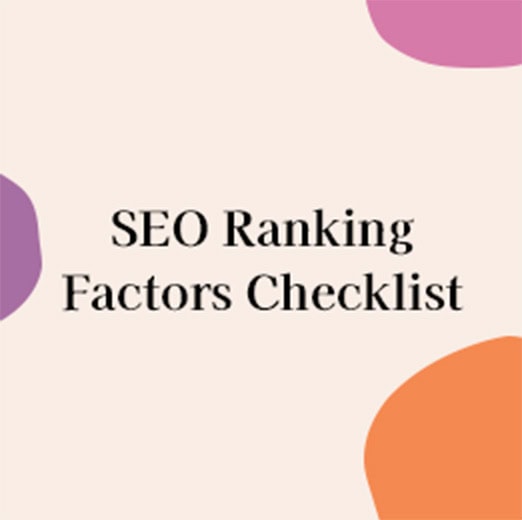Helping a Kids’ Boutique Find Its Voice Online: SEO Insights from a Discovery Call with Glynis Tao
Starting an online boutique is more than just creating a beautiful website—it’s about understanding your customer, telling a compelling story, and making sure your ideal audience can actually find you online. That’s where e-commerce SEO (Search Engine Optimization) plays a critical role.
As a fashion e-commerce SEO specialist and business owner, I recently had a discovery call with Catherine, a creative entrepreneur planning to launch a children’s clothing boutique. Our conversation covered everything from identifying her target market to building an SEO strategy that would support long-term growth.
Here’s a look at how that call unfolded—and how any new fashion ecommerce business can benefit from applying these foundational strategies.
Starting an Online Boutique: A Step-by-Step-Guide
Starting with Strategy — Why Knowing Your Customer Comes First
Catherine came to the call with a strong concept: a multi-line and private label kids' boutique offering curated capsule collections for children aged 2 to 7. With a background in fashion buying and e-commerce, she already had experience in product selection and creative direction. But like many new founders, she wanted clarity on how to speak to her ideal customer and validate her product-market fit.
My first piece of advice: Start with market research.
Conducting market research is a great way for business owners to learn about their customers before strategically developing a business plan. Catherine and I discussed organizing a focus group of 15–20 parents to gather feedback on her boutique's initial collection. This is essential not just for design feedback, but to uncover the real-life pain points and desires of her target audience. By understanding what parents and potential customers are actually looking for when shopping for kids’ clothes—comfort, sustainability, affordability, uniqueness—Catherine could build a brand that resonates emotionally and functionally with shoppers.
🔍 Pro tip: You can’t optimize what you don’t understand—SEO starts with understanding your audience.
SEO Is Not Just Keywords—It’s Understanding Intent
As we moved into SEO strategy, I explained why understanding search intent is just as important as choosing the right keywords. Identifying the main purpose or goal of your customer's search queries will greatly influence what keywords you use across your e-commerce website.
For example, targeting the phrase “kids clothing” might bring in traffic—but the keyword is too broad, competitive, and vague. A more specific keyword like “affordable organic toddler clothes” not only reduces competition but also signals high purchase intent.
I encouraged Catherine to include a simple but powerful question in her market research survey:
“What would you type into Google when shopping for children’s clothes?”
This would give her real customer language to guide her keyword research and SEO content strategy for her online business.
🎯 Pro tip: Search data reveals how your audience thinks—and that’s powerful fuel for product development and content.
Balancing Storytelling and SEO
One of Catherine’s concerns was striking a balance between SEO and brand storytelling. She didn’t want her messaging to sound robotic or overly optimized.
I reassured her that SEO and storytelling aren’t mutually exclusive—they’re most powerful when used together. Think product descriptions that reflect her brand’s values and incorporate relevant search terms. Or blog posts that explore parenting topics while naturally weaving in keywords like “seasonal capsule wardrobe for kids.”
💡 Pro tip: You can tell your story and be found on Google—it just takes strategic alignment.
Testing Before Investing—A Lean Approach to Launching Your Online Boutique
Catherine was also wisely cautious about stocking up on initial inventory for her boutique. She didn’t want to over-invest in products before validating demand for her online clothing brand.
I recommended creating a “mini test store” on an e-commerce platform like Shopify with a curated capsule collection. Using feedback from her focus group, she could refine her brand messaging, product mix, and keyword strategy—before committing to large inventory buys or a full-blown e-commerce launch.
This kind of lean testing approach is also ideal for aligning SEO with customer interest from the very beginning.
✅ Pro tip: SEO is a growth tool, but it’s also a validation tool when used early and intentionally.
Local Pop-Ups + Online Visibility = Smart Hybrid Strategy
Catherine plans to start promoting her boutique with pop-up shops in her North Carolina community, which I encouraged as a great way to build brand awareness offline while boosting online discovery.
I suggested combining local SEO tactics—like setting up a Google Business Profile and using geo-targeted keywords—with her pop-up events. This helps ensure that people who discover her offline can easily find her again online, whether through Google Search, Maps, or social media.
📍 Pro tip: Offline and online marketing should complement each other—SEO helps people find you after they’ve seen you in person.
Why Empathy is a Key SEO Skill
One of the most valuable parts of our call was discussing the emotional side of marketing. Catherine wanted to build a brand that felt inclusive, intentional, and reflective of modern parenting values.
I shared that it took me years to fully understand the challenges my clients face—and that empathy is what makes great SEO work. When you take time to listen to your audience and speak to their real concerns, your content doesn’t just rank—it resonates.
💬 Pro tip: The best SEO strategies are built on listening—not just analytics.
Supporting Entrepreneurs Beyond SEO
My conversation with boutique owner Catherine reminded me that SEO isn’t just about clicks and keywords—it’s about building smart, sustainable businesses with purpose. I left our call feeling excited about her vision and confident that, with the right customer insights and SEO foundation, her online clothing boutique has real potential to stand out in the children’s fashion market.
If you’re a fashion or lifestyle entrepreneur planning to launch or grow your online store, I’d love to help you build your SEO strategy from the ground up. Whether you’re starting with a small product collection or scaling a seven-figure business, I offer expert support tailored to your stage of growth.
With these practical steps, you'll learn how to start building your online business today!
🎧 Listen to my podcast for more real-world tips and founder stories to grow your business, or book a discovery call to get started.




